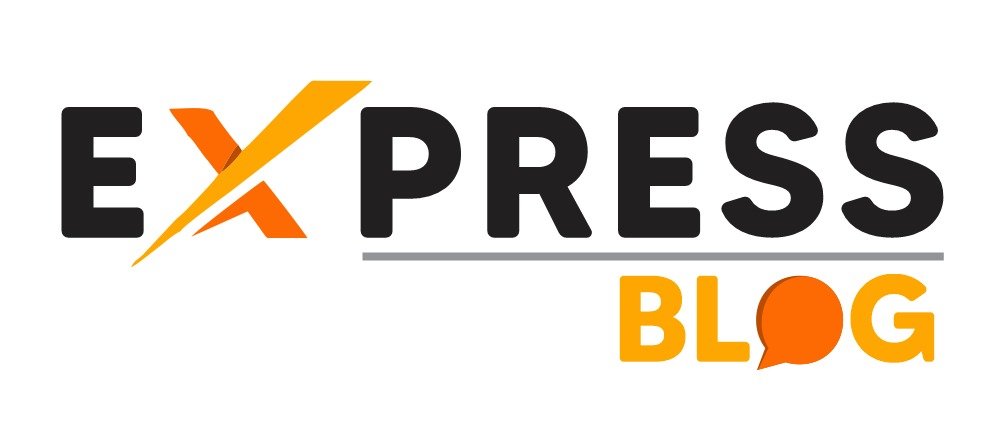Electric Vehicle Charging Grants: How to Power Your Ride for Less

Electric vehicles (EVs) are revolutionizing the way we think about transportation offering a cleaner and more sustainable alternative to traditional gas-powered cars. However to keep them running, a reliable and widespread charging infrastructure is essential. This is where electric vehicle charging grants come into play.
Grants make installing EV charging stations much more accessible and affordable helping individuals, businesses and communities take part in the green energy movement. In this guide, we’ll explore everything you need to know about electric vehicle charging grants and how they can help you power your ride for less.
What Are Electric Vehicle Charging Grants?
Electric vehicle charging grants are financial incentives provided by governments, non-profit organizations and private companies to help fund the installation of EV charging stations. These grants are designed to encourage the adoption of electric vehicles by making charging infrastructure more accessible and reducing the cost burden of installation.
The primary reason these grants exist is to promote clean energy and reduce greenhouse gas emissions. Governments worldwide are setting ambitious targets to transition away from fossil fuels and electric vehicle charging grants are a critical part of this effort. There are various types of grants available, including federal, state, local and private grants each offering different benefits and requirements.
Why EV Charging Grants Matter
Electric vehicle charging grants are crucial to the growth of the electric vehicle market. By reducing the financial burden associated with installing charging stations, these grants play a significant role in accelerating the adoption of EVs.
For individuals, these grants help make home charging stations affordable, allowing for convenient overnight charging. For businesses, grants can offset the cost of installing public chargers which not only attracts EV-driving customers but also enhances a company’s green image. For the environment widespread charging infrastructure helps reduce pollution and promotes the shift towards greener technology.
Types of Electric Vehicle Charging Grants Residential Grants
Residential grants are aimed at homeowners and renters who want to install charging stations at their homes. These grants can cover a portion of the installation costs for Level 2 chargers which are faster and more efficient than standard outlets.
For example, the U.S. federal government offers tax credits for home EV charger installations and some states provide additional incentives. California’s Clean Vehicle Rebate Project (CVRP) and New York’s Charge Ready NY are great examples of state-level programs that help residents install home charging infrastructure.
Commercial Grants
Commercial grants are available for businesses that want to install public charging stations. These grants are designed to promote the availability of charging stations in commercial areas, encouraging EV adoption among customers and employees.
Installing charging stations can benefit businesses by attracting EV drivers, offering a competitive edge, and contributing to corporate sustainability goals. Programs like the Alternative Fuel Infrastructure Tax Credit in the U.S. help businesses offset installation costs.
Community and Public Grants
Community and public grants are aimed at municipalities, non-profits and community organizations looking to install charging infrastructure in public places. These grants help ensure that charging stations are available to everyone, not just EV owners who can afford home installations.
For instance, the Volkswagen Environmental Mitigation Trust provides funding to states across the U.S. to develop public EV charging infrastructure. Many local governments have used this funding to build charging networks in public areas such as parks, libraries and city centers.
How to Find Available Grants Government Websites
The best place to start looking for electric vehicle charging grants is on government websites. Federal, state, and local government websites often list available grants and incentives for EV charging infrastructure.
A good tip is to visit the U.S. Department of Energy’s Alternative Fuels Data Center (https://afdc.energy.gov), which provides a comprehensive database of incentives and rebates related to EVs and charging infrastructure. Similarly, state government websites often have dedicated sections for green energy incentives.
Local Resources
Local government offices, environmental organizations, and utility companies are also excellent resources for finding available grants. Utility companies in particular may offer rebates or special incentives for installing charging stations as they have a vested interest in promoting electric vehicle use.
Private and Non-Profit Grants
In addition to government programs some private companies and non-profit organizations offer grants and incentives for installing EV charging stations. For example, Tesla and ChargePoint have programs that help businesses and individuals install chargers. Environmental non-profits may also offer funding to support green energy initiatives.
Eligibility Requirements Who Qualifies for EV Charging Grants?
Eligibility for EV charging grants depends on the type of grant. Residential grants are typically available to homeowners and sometimes renters (with landlord approval) who want to install a home charging station. Commercial grants are available to businesses provided they meet certain requirements such as offering public access and complying with local zoning regulations.
Common requirements across most grants include:
- Proof of residence or business ownership.
- Compliance with local building codes.
- Use of certified charging equipment.
You may also need to provide documents like utility bills proof of property ownership and a detailed installation plan.
How to Apply for an EV Charging Grant
Applying for an electric vehicle charging grant can be a straightforward process if you know what to expect. Here’s a step-by-step guide:
- Gather Necessary Documents: Before applying, gather all the necessary documents, such as proof of property ownership, building permits and a cost estimate from an installer.
- Complete the Application Form: Fill out the application form provided by the grant program. This may be available online or require a physical submission.
- Submit and Follow Up: Submit your application along with any required documentation. Follow up with the grant provider if you don’t hear back within the expected timeframe.
Common Mistakes to Avoid
- Incomplete Applications: Missing documents or incomplete forms can result in your application being rejected.
- Ignoring Eligibility Criteria: Ensure you meet all the eligibility requirements before applying.
- Procrastination: Grants often have deadlines. Make sure you apply well in advance.
Example Scenario
Imagine Jane a homeowner in California wants to install a Level 2 charger in her garage. She finds out about the California Electric Vehicle Infrastructure Project (CALeVIP) which offers rebates for home charging stations. Jane gathers her documents completes the online application and gets a rebate that covers 50% of her installation cost making it much more affordable.
Case Studies: Successful Use of EV Charging Grants Residential Example
John, a homeowner in Oregon, took advantage of the Oregon Clean Vehicle Rebate Program to install a Level 2 charger at his home. With the grant covering $500 of the total cost, John was able to install the charger for just $200 out of pocket. He now charges his EV overnight enjoying lower electricity rates and the convenience of home charging.
Business Example
A small grocery store in Texas wanted to attract more customers by offering EV charging. The store applied for the Alternative Fuel Infrastructure Tax Credit which covered 30% of the installation costs. After installing two Level 2 chargers, the store noticed an increase in foot traffic particularly from EV drivers who stopped to charge and shop.
Community Example
The city of Boulder Colorado used a combination of state and federal grants to build a network of public charging stations in parks downtown and near community centers. This initiative has made EV charging accessible to residents who don’t have access to home chargers promoting cleaner transportation options across the city.
Tips for Maximizing Grant Opportunities
- Combine Grants with Tax Incentives: Some grants can be combined with federal or state tax incentives to further reduce costs. Make sure to explore all available options.
- Work with an Experienced Installer: Hiring an installer who has experience with grant-funded projects can help streamline the process and ensure compliance with all requirements.
- Stay Updated on New Grants: Grants are constantly changing, with new opportunities opening up regularly. Join mailing lists, follow industry forums, and keep an eye on government websites to stay informed.
Conclusion
Electric vehicle charging grants are playing a pivotal role in making EV charging infrastructure more accessible and affordable. Whether you’re a homeowner looking to install a charger in your garage a business aiming to attract EV-driving customers or a community wanting to promote cleaner transportation options there are grants available to help you achieve your goals.
FAQ’s
What Types of Chargers Are Eligible?
Most grants cover Level 2 chargers, which are faster and more efficient than standard outlets. Some grants may also cover DC fast chargers for commercial or public use.
How Long Does It Take to Get Approved for a Grant?
The approval process can take anywhere from a few weeks to several months, depending on the grant program and the completeness of your application.
Can Businesses Charge a Fee for Public Use of Grant-Funded Chargers?
Yes, businesses can often charge a fee for the use of public chargers installed with grant funding, but this depends on the specific grant conditions. Always check the terms before proceeding.
Read Also: Hi-Tech Promender Flex




